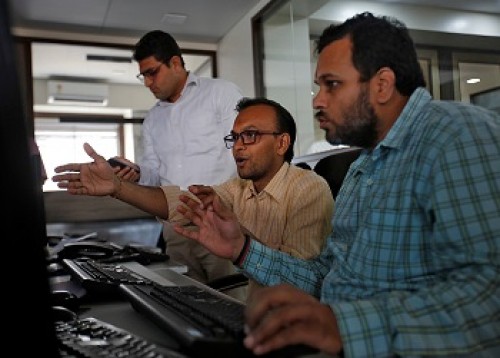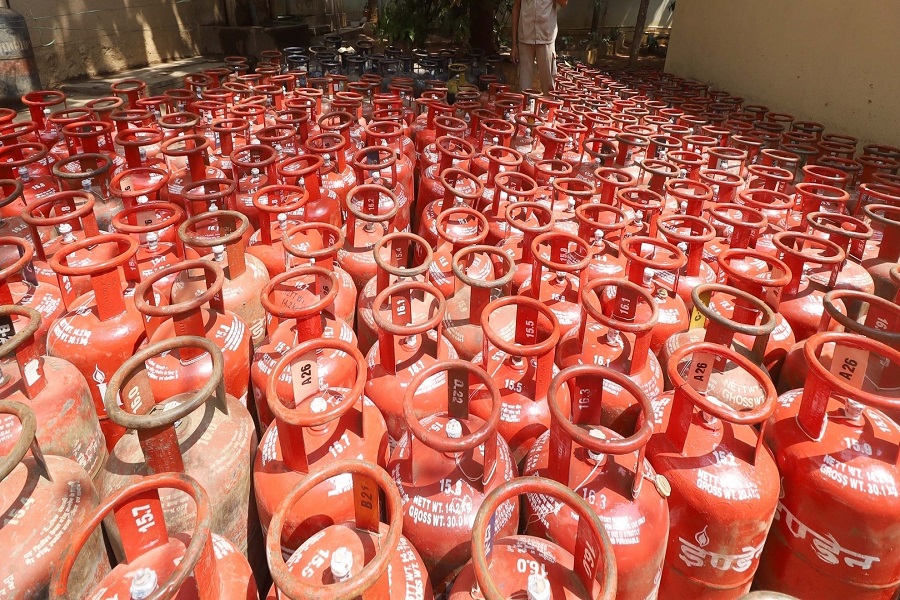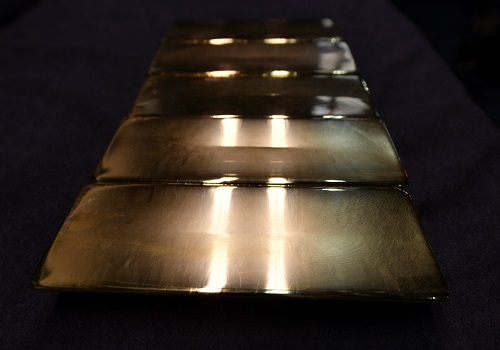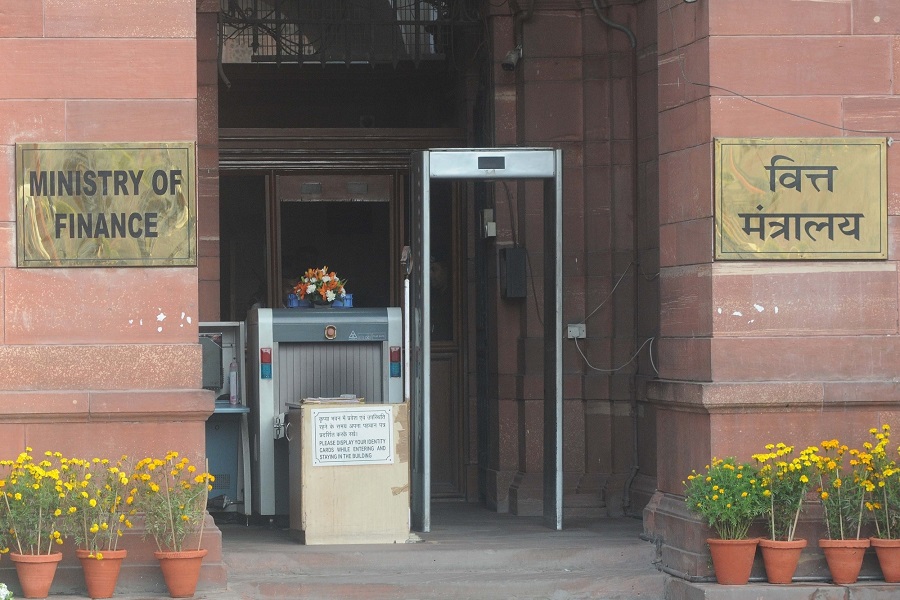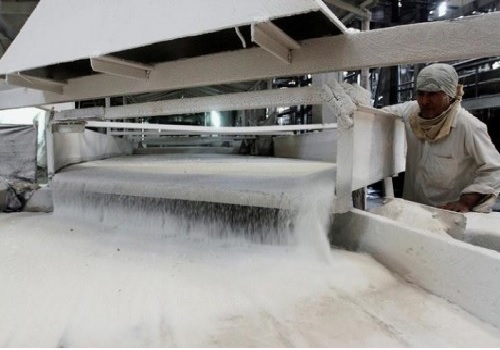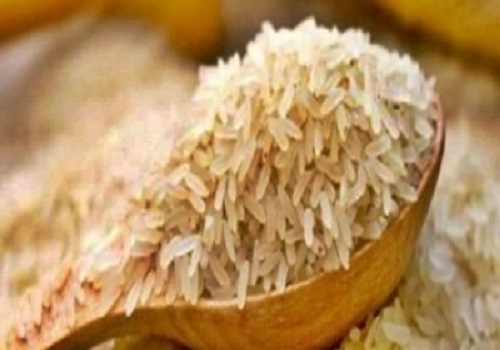India's Pulses Imports Set to Decline by 15%, Driven by Strong Domestic Production and Falling Prices by Amit Gupta, Kedia Advisory

# India's pulses imports may decrease to 40-45 lakh tonnes in FY25 from 47.38 lakh tonnes in FY24.
# Better monsoon and increased Kharif acreage are expected to boost domestic production.
# Wholesale pulses prices have dropped, with tur prices falling by Rs 20 per kg in the last month.
# Long-term government policy and import duties on yellow peas.
# India's pulses production has risen to 244.93 lakh tonnes in 2023-24 from 163.23 lakh tonnes in 2015-16.
India’s pulses imports are projected to fall by around 15% in FY25, potentially reaching 40-45 lakh tonnes, a decline from 47.38 lakh tonnes recorded in FY24. The key factors driving this reduction include an anticipated boost in domestic production due to favorable monsoon conditions and increased Kharif acreage. The improved rainfall this year is expected to enhance pulses output, leading to a drop in retail prices, which will likely reduce the need for imports.
The wholesale market has already started witnessing a downward trend in pulses prices. The decline is expected to continue, supported by the rise in domestic production and previous fiscal's higher imports. For instance, India imported 16 lakh tonnes of masoor dal in FY24, while the current demand stands at only 10 lakh tonnes, indicating a potential surplus.
In light of these developments, it was urged the government to establish a long-term policy framework for the pulses market, valued at Rs 2.5 lakh crore, to avoid frequent policy changes that negatively impact stakeholders. The association also suggested imposing import duties on yellow peas to protect domestic farmers from low-priced imports.
Overall, India's pulses production has significantly increased, from 163.23 lakh tonnes in 2015-16 to 244.93 lakh tonnes in 2023-24, reflecting a strong upward trend that is expected to further reduce import dependency.
Conclusion
India's pulses imports are set to decrease, driven by improved domestic production and lower prices, with the policy stability.
Above views are of the author and not of the website kindly read disclaimer


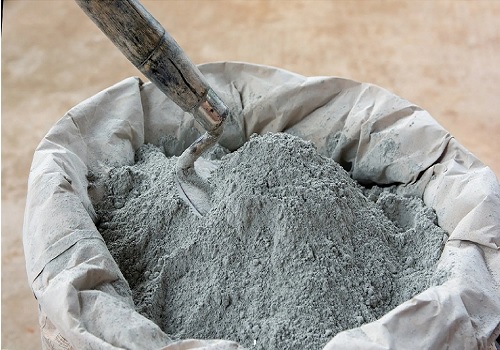






.jpg)
Tag News

Quote on Gold Commentary: 16 July 2025 by Mr. Manav Modi, Senior Analyst, Commodity Research...
